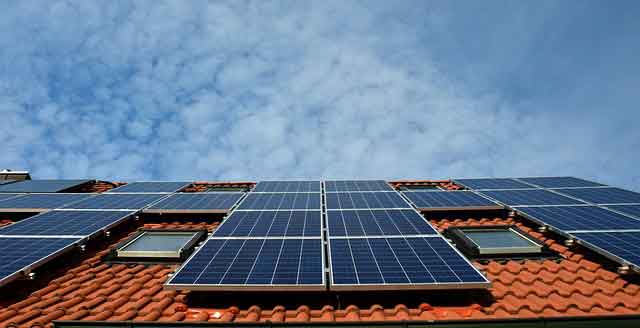Endesa the new utility power in Ireland
By The Irish Times
Arc Flash Training CSA Z462 - Electrical Safety Essentials
Our customized live online or in‑person group training can be delivered to your staff at your location.

- Live Online
- 6 hours Instructor-led
- Group Training Available
It was confirmed that Endesa has reached agreement to buy the ESB plants at Great Island in County Wexford and Tarbert in County Kerry in a €450 million deal.
In a regulatory filing, Endesa said the two power stations had a power-generating capacity of 1,068 megawatts (MW), about 16 per cent of Ireland's total installed capacity.
"This is a unique opportunity to enter into an attractive market, given that electricity prices (in Ireland) reflect the real costs and demand growth is above 4 per cent per year, with forecasts that this will continue," it said.
Industry sources say Endesa will shortly cement its position in the Irish market by buying Viridian's Huntstown power station.
Viridian would neither confirm or deny it was in talks with Spain's second-largest power company over a sale of Huntstown. The west Dublin plant consists of two combined cycle gas turbine stations with a total generation capacity of 747MW.
The ESB confirmed that it had reached agreement on the sale of two power stations, two peaking plants and two sites to Endesa. The sites are in Lanesboro, Co Longford, and Shannonbridge, Co Offaly, and are "generation ready".
The two peaking plants, at Rhode, Co Offaly, and Tawnaghmore, Co Mayo, consist of four 50MW diesel generators. Peaking plants are increasingly important as Ireland adds more renewable energy to the grid. They enable power to be added to the national grid at different points when renewable power is not available.
"This is a further step to reducing ESB's market share to less than 40 per cent which is what the CER (Commission for Energy Regulation) want and is stated government policy," said Padraig McManus, chief executive of ESB. "This is a major player entering the Irish market which now has three big players - ESB, Viridian and Endesa - and that is about as much competition as a market the size of Ireland can take."
Under an agreement reached with the CER in November 2006, ESB was to sell four plants. The Poolbeg and Marina stations have not been purchased by Endesa but are in the process of being closed by ESB by 2010.
In exchange for reducing its market power, CER approved the construction of a 400MW ESB power station at Aghada, Co Cork.
A total of 180 ESB staff are affected by the sale. It is understood these staff will have the option of remaining with the ESB, transferring to Endesa or taking a severance package. An ESB spokesman would not confirm that there would be no forced redundancies as part of the transfer but this has been the State-owned company's policy in the past. It is believed that ESB unions have already had meetings with Endesa.
The Spanish utility, which was acquired by Italy's Enel last year, said its first-half profit more than quadrupled after it sold assets in Europe and charged higher prices for power in its home market. Net income rose to €6 billion from €1.26 billion a year earlier.
The company has also agreed to develop a plan to lower carbon dioxide emissions by 50 per cent within the next four years.











